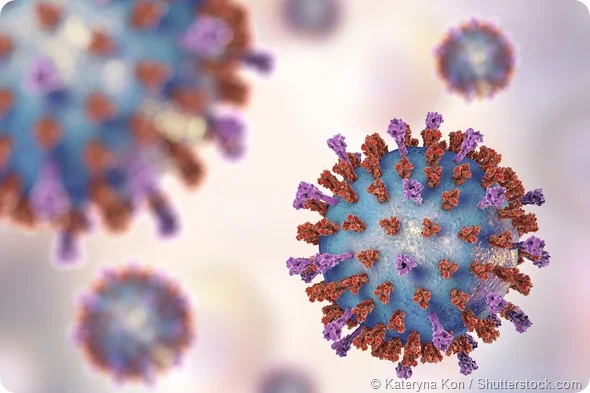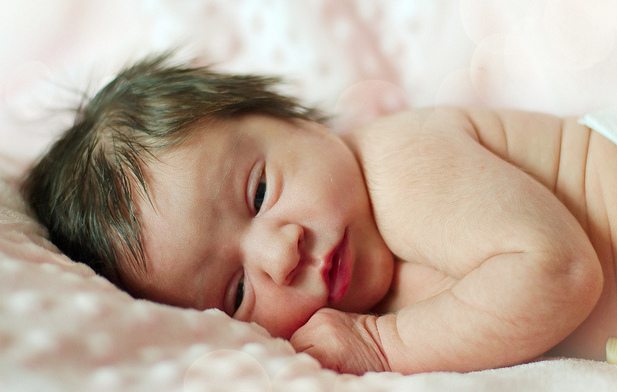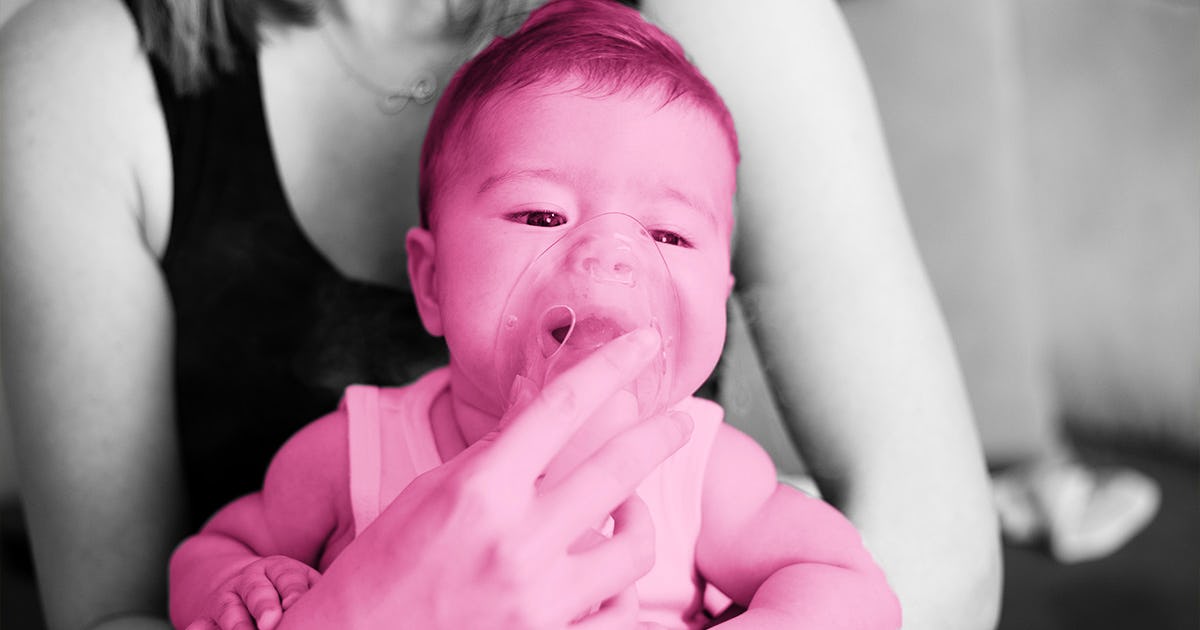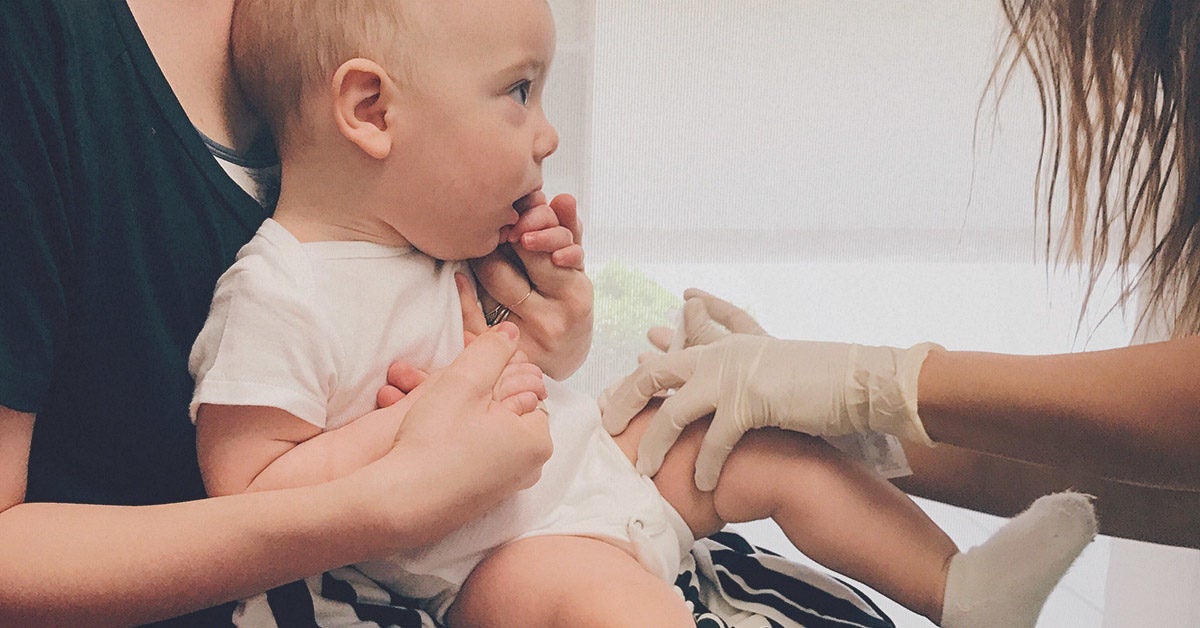rsv in babies meaning
RSV is an infection in your airways. But in infants an RSV diagnosis can quickly become dangerous if not treated correctly.

Efcni Do You Know The Signs Of Rsv Rsv Usually Occurs Seasonally This Means Mainly In The Cold And Rainy Months Such As Autumn Winter And Early Spring In Temperate Northern
Rapid breathing or difficulty breathing the person may prefer to sit up rather than lie down.

. Most babies have been infected at least once by the time they are 2 years old. The symptoms of RSV are similar to any other respiratory illness. Sometimes RSV can cause serious illness in infants and older adults.
Symptoms and signs include fever and nasal congestion and discharge. Congestion cough fever and fatigue are the most common. Treatment focuses on supportive care.
Even more frightening the Centers for Disease Control and Prevention. Babies who are younger than 6 months old may show different symptoms of an RSV infection including. RSV is a common virus in the fall and winter months.
Apnea pauses during breathing A child with RSV can be contagious for at least three to eight days before showing symptoms. RSV is a viral illness that causes trouble breathing. Symptoms of RSV in infants include.
Luckily in most cases it will only cause cold-like symptoms. RSV is most common in infants between 2 and 8 months of age. Babies can also be re-infected with the virus.
But if a more serious infection develops then your baby may have to be admitted to the hospital for oxygen treatments and IV fluids. The majority of children have their first RSV infection by age 2. Rising in prevalence during the fall and winter months RSV is a virus that mimics a bad cold in older babies and children.
While more than 57000 children under age 5 are hospitalized with RSV infection per year. Most children who have RSV recover on their own. An RSV test is used to diagnose respiratory syncytial virus RSV.
A highly contagious viral illness in infants and young children. Signs and symptoms of severe RSV infection in infants include. However in infants older adults and patients with weakened immune systems or certain underlying health problems RSV can cause serious.
In fact RSV is so common that nearly all children get the infection by the time they reach 3 years old. From symptoms to treatment heres what you need to know about RSV if youre child is between 12 and 36 months old. Presence of severe underlying comorbidities such as neuromuscular.
In fact over 40 percent of hospitalizations from RSV occur in children under 6 months old says Jennifer Marshall DNP FNP-BC a nurse practitioner at Avista Family Medicine in Erie Colorado. RSV can also cause more severe infections such as bronchiolitis an inflammation of the small airways in the lung and pneumonia an infection of the lungs. RSV is the abbreviation for respiratory syncytial sin-SISH-uhl virus RSV.
In children with suppressed immunity the mortality rate is higher about 60 percent. For most babies and young children the. This respiratory virus typically causes mild coldlike symptoms in older children and adults but it can lead to more serious problems in babies and young children.
This disease has a good prognosis in babies and infants. Infection can happen again anytime throughout life. Decrease in appetite.
Thats because in babies under 6 months of age the risk of significant lower respiratory. The mortality rate of RSV in babies depends on the immunologic status of the child which resembles the following. It starts out looking like a bad colda heavy runny nose and a tight wet cough John Brancato MD an emergency medicine physician.
RSV is a virus that causes acute respiratory tract infections in infants children and adults. Find out when you should take your baby to see a doctor. RSV is the most common cause of lower respiratory tract infections in children younger than 1 year old.
RSV positive means a person has a respiratory syncytial virus infection. Usually symptoms start mildly and peak within five to seven days when the body is dealing with the most thickened mucus and inflammation. RSV isnt only an illness for infants and babiesyour toddler is susceptible too.
It is the most common cause of upper respiratory infections in infants and children. Respiratory syncytial virus RSV is a common highly contagious illness that often causes mild upper respiratory symptoms similar to a cold. Your childs doctor can help determine if its RSV.
Bluish color of the skin due to lack of oxygen cyanosis Infants are most severely affected by RSV. Increased work of breath retractions using neck and rib muscles to breathe Because RSV is a small airway disease and infants have the smallest airways it can quickly become serious especially in babies born prematurely. In most healthy people RSV may present as nothing more than a bad cold.
The virus commonly causes respiratory tract infections and symptoms of a mild cold especially in infants and young children. Short shallow and rapid breathing. But unlike a cold RSV.
Respiratory syncytial virus is a common and very contagious virus that infects the respiratory tract of most children before their second birthday. The cough may sound wet or dry and can alternate between the two. Healthy adults and infants infected with RSV do not usually need to be hospitalized.
A long exhale sound usually exhaling is pretty fast in RSV it is longer than the inhale sound Flaring of your babys nostrils with every breath. It is more common in winter and early spring months. It is the most common cause of bronchiolitis and pneumonia in children younger than 1 year of age.
Its usually not serious but symptoms can be much more severe in young children older. RSV stands for the respiratory syncytial virus a virus that commonly causes. In healthy children the reported mortality rate is about 05 to 17 percent.
Respiratory syncytial virus RSV is a common illness that causes coldlike symptoms which will usually go away on their own after a few weeks. Wheezing a whistling sound each time your baby breathes out Difficulty breathing. For a smaller number of children the RSV infection may lead to bronchiolitis which may need medical care.
Thats why RSV in newborns is much more dangerous than it is for older children. Respiratory Syncytial Virus RSV Respiratory syncytial virus RSV is a highly contagious viral infection. Fast breathing over 40 times a minute.

Bronchiolitis And Rsv After Hours Kids Pediatric Clinic

Respiratory Syncytial Virus Rsv In Children

How Rsv Affects Babies And Young Children Babycenter

Blog How To Prevent Rsv In Babies Reid Health

Group B Streptococcus And Respiratory Syncytial Virus Immunisation During Pregnancy A Landscape Analysis The Lancet Infectious Diseases

Respiratory Syncytial Virus Rsv National Foundation For Infectious Diseases

A Parent S Guide To Rsv Symptoms Diagnosis And Treatment

Respiratory Syncytial Virus Rsv

How To Recognize The Warning Signs Of Rsv Allergy Asthma Network

Cdc Warns Parents Of Infants To Watch For Rsv Kelsey Seybold Clinic
Protecting Your Child From Rsv Children S Minnesota

Respiratory Syncytial Virus Rsv National Foundation For Infectious Diseases

How Do Babies Get Rsv Fatherly

Respiratory Syncytial Virus Rsv Vaccine Knowledge

Patient Education Bronchiolitis And Rsv In Infants And Children Beyond The Basics Uptodate

Respiratory Syncytial Virus Rsv National Foundation For Infectious Diseases

Here S What Your Baby S Cough Could Mean Texas Children S Hospital
